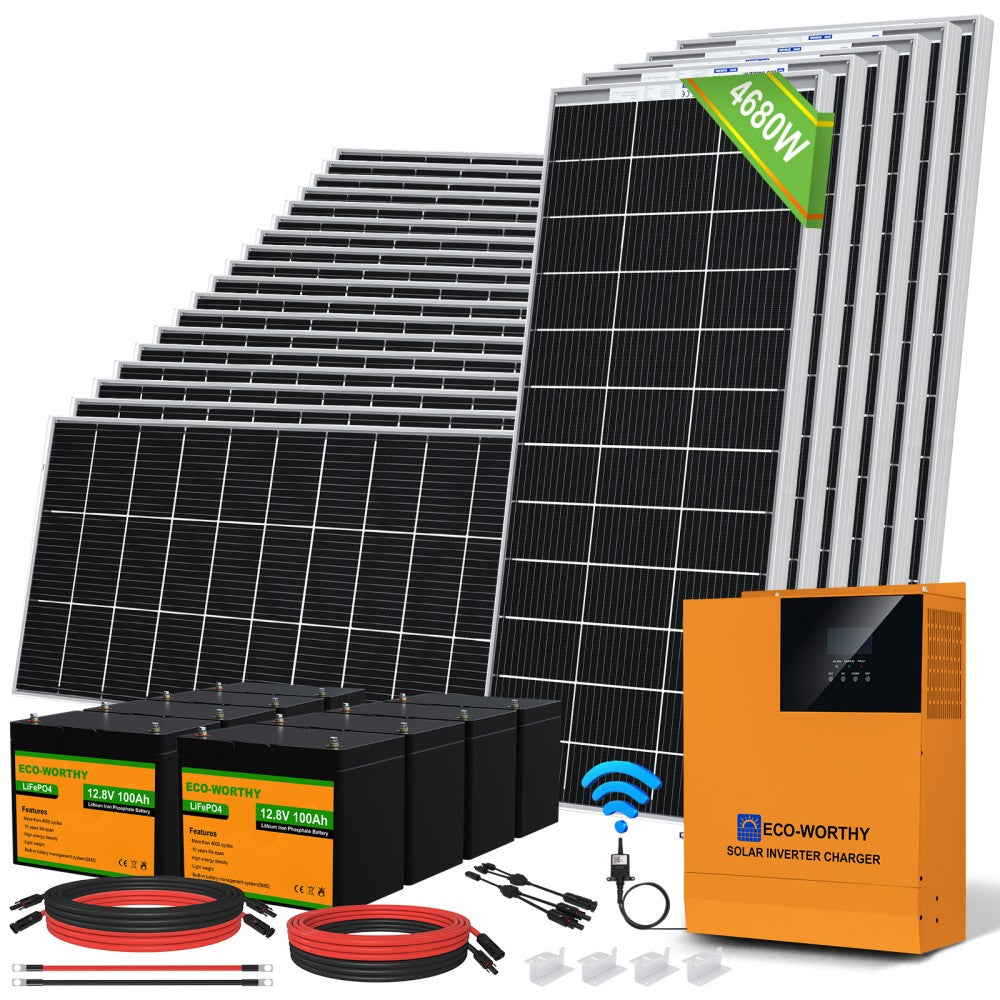As the demand for sustainable energy solutions grows, many homeowners are considering off-grid solar systems. These systems allow you to generate your own electricity, reducing reliance on traditional power sources. But how do you choose the right off-grid solar panels for your home? This guide will provide you with the essential information to make an informed decision.

Understanding Off-Grid Solar Systems
An off-grid solar system operates independently from the utility grid. It typically consists of solar panels, a charge controller, batteries, and an inverter. By harnessing solar energy, these systems can power your home even in remote locations. But what are the key components you need to consider?
- Solar Panels: The heart of your system, converting sunlight into electricity.
- Charge Controller: Regulates the voltage and current coming from the solar panels to the batteries.
- Batteries: Store energy for use when sunlight is not available.
- Inverter: Converts DC electricity from the batteries into AC electricity for household use.
Choosing the Right Off-Grid Solar Panels
When selecting off-grid solar panels, consider the following factors:
- Energy Needs: Calculate your daily energy consumption to determine the size of the system required.
- Panel Efficiency: Higher efficiency panels produce more energy in less space, which is crucial for limited areas.
- Durability: Look for panels with a robust warranty and proven performance in various weather conditions.
- Cost: Evaluate the initial investment against long-term savings on energy bills.
Installation Considerations for Off-Grid Solar
Installing an off-grid solar system can be a complex process. It is advisable to consult with professionals who can assess your site and recommend the best setup. However, if you are inclined to do it yourself, ensure you have a solid understanding of electrical systems and local regulations.
Moreover, consider the orientation and tilt of your solar panels. Ideally, they should face south (in the Northern Hemisphere) to maximise sunlight exposure. Additionally, regular maintenance is essential to ensure optimal performance.
The Benefits of Off-Grid Solar
Investing in an off-grid solar system offers numerous advantages:
- Energy Independence: Generate your own power and reduce reliance on the grid.
- Environmental Impact: Reduce your carbon footprint by using renewable energy.
- Cost Savings: Lower energy bills and potential government incentives for renewable energy systems.
For those interested in exploring off-grid solar kits, you can find a variety of options at  . These kits can simplify the process of setting up your own solar energy system.
. These kits can simplify the process of setting up your own solar energy system.
In conclusion, choosing the right off-grid solar panels involves careful consideration of your energy needs, panel efficiency, and installation requirements. By understanding these factors, you can make a well-informed decision that benefits both your home and the environment.








